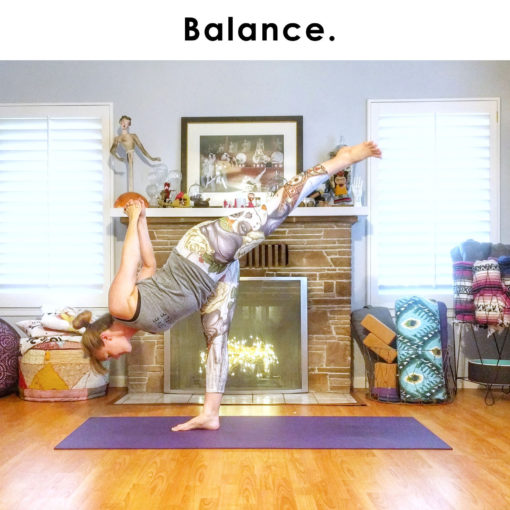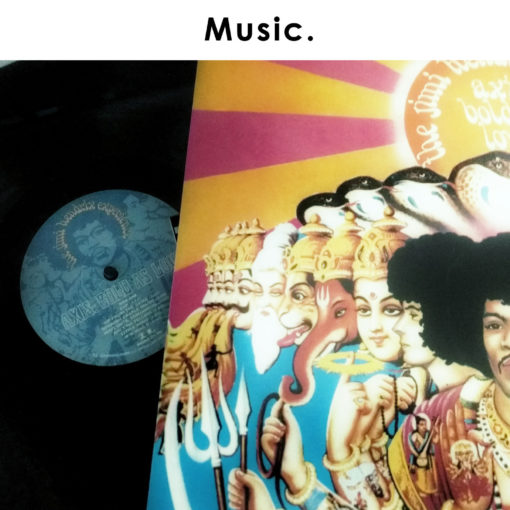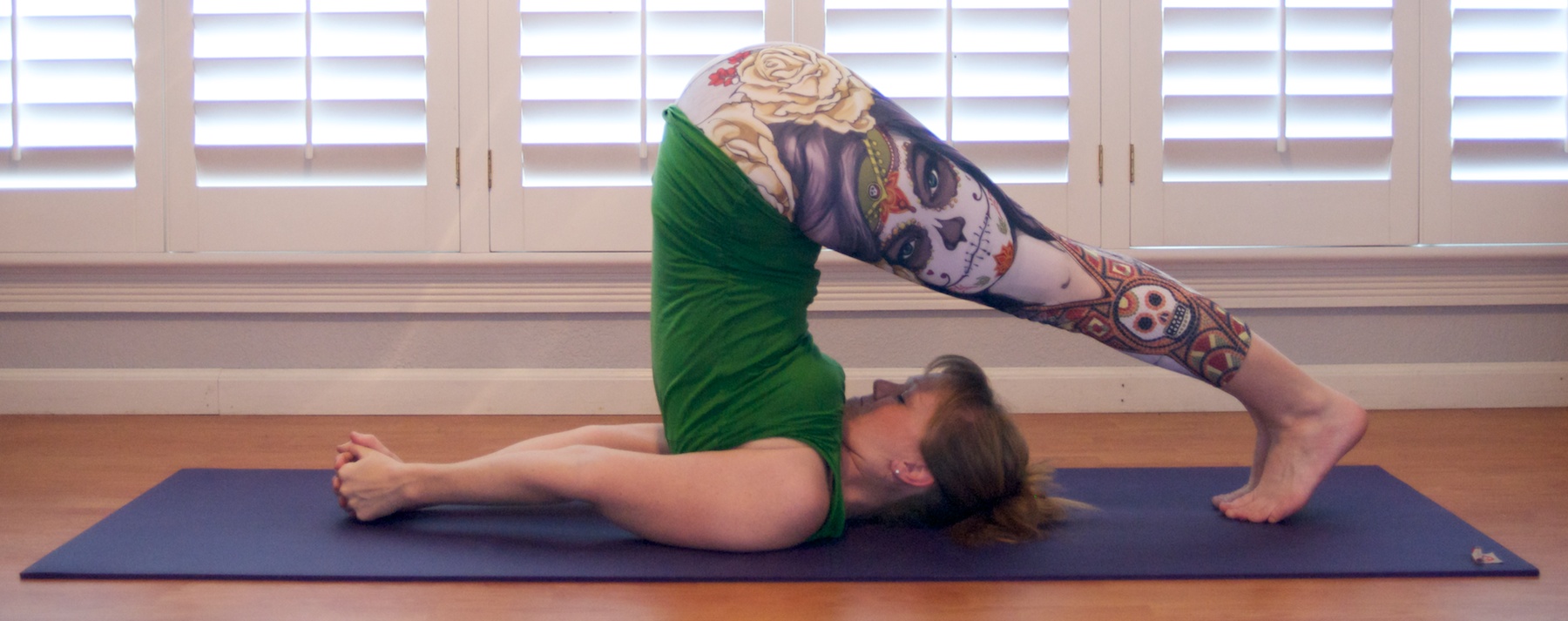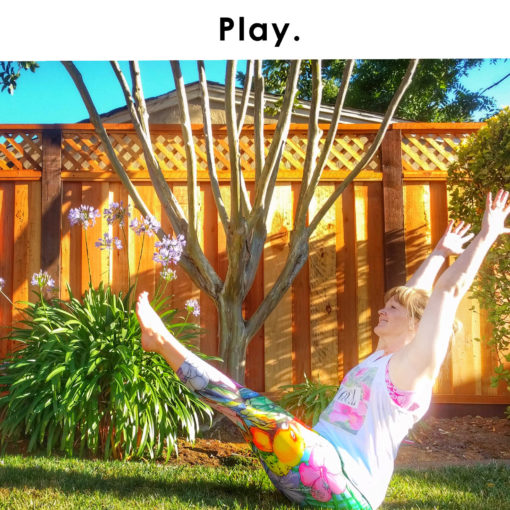
The light in me sees and honors the light in you. That’s how the word was explained to me when I first heard it during my wedding planning. My mother-in-law was explaining at the end of the ceremony we were to prostrate to the priest, but I could simply bow. The meaning was we were simply honoring the divine light in one another.
Of course, this was where I drew the line. Well, this and yoking, which thanks to a misspelling in an internet article on the matter led me to think egg yolk was somehow involved. I would ask my father to give me away via pouring water over a coconut. I would circle around a flaming coconut (there were a lot of coconuts involved in our getting hitched). I would pronounce a bunch of stuff in a language that made no sense to me – Sanskrit. But I would have no egg yolk in my hair! Something I’m still teased about today… And I would not bow to a man at the end of the ceremony, no matter how nicely he performed said ceremony. It was a concept that seemed too subservient to me at the time, and in some ways, it very much still does. This prostration also happens when we meet with elders in the family. The word namaste is never uttered, but I always remember the explanation from my mother-in-law, who did pull us aside after the wedding and make sure proper respect was given to the priest.
Every couple of years I see a new article that likes to make its way around the internet on the word namaste. “It is a greeting!” they say. It shouldn’t be used at the end of class. The articles typically chalk this up to something between ignorance, blasphemy, and cultural appropriation depending on the author. The first time I read one of these I racked my brain to remember what greetings I had while in India. “Hello” was typically used, but then again, I hardly look like I would understand Tamil or Kannada. This past year I travelled to northern India for the first time, and finally I heard it as a greeting. “Namaste,” followed by anything from a head nod to a small bow. Just like I was to do at the end of my wedding ceremony. Somewhat like I do at the end of my classes. Namaskaram is the greeting in the South, also completed with a tiny bow and añjali mudrā, and is also the word to describe the aforementioned prostration.
The first time I taught a yoga class was a few weeks into my teacher training. The student-led public class needed a teacher, so I volunteered. In the end, looking out over these 30+ people who showed up, who moved and breathed with me for 75 minutes, it came so naturally. I did see the light in them. So I let them know. I ended with namaste, bowing deeply in gratitude for the chance to share something I love. It was an odd moment for me on many levels, one that changed the trajectory of my career and life.
Imagine having this full, complete feeling of gratitude upon meeting everyone. Namaste! It is a beautiful sentiment. I’m not sure when used as a greeting if it really does carry all of this weight that I associate with the word. If so, imagine the beauty of a world where every person you meet, you immediately see and honor the light in them. Possibly, that is what we should strive to be. The reality is, when I walk into a yoga classroom, I see some friendly faces. I see some people who are struggling, weighted with the woes of their commute, their job, their day. Sometimes I see the petty spats that arise from someone’s mat being too close, or gasp! someone’s spot being taken. I see the need to take a deep breath and let go, for your sake and mine. If you’ve ever been to my class, you know there’s not much chit chat beforehand. Step 1: lay down and rest. Step 2: Observe. Step 3: Breathe and let go of all the shit that is not needed. Move, flow, rebuild, find stillness. As we circle back around in the end to rest and observe, and the beauty of the strong pulsation of life in this complete stillness washes over the group and me, the witness to it all, I feel that light. Every • single • time.
So I say namaste, not just an expression of my gratitude and feeling of humbleness (because I still feel bowing to be extremely subservient and I do not do it lightly or without reverence), but as a way of greeting this new form you’ve taken on in the last 1 – 2 hours, shedding that which doesn’t belong and arising anew from the pose of not living, coming back to life.
नमस्ते
namaḥ = bow, obeisance, reverential salutation, adoration
Think of when you chant the mantras of the gods and goddesses. Om Namaḥ Śivāya. Oṃ śrīṃ mahalakṣmyai namaḥ. Namaḥ carries a heavy weight of respect in my mind.
te = to you




